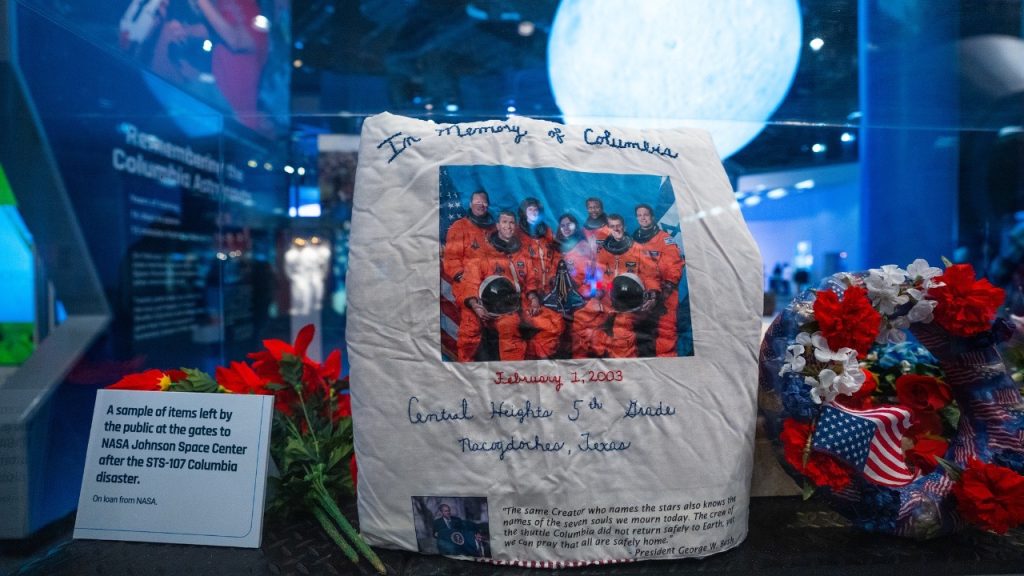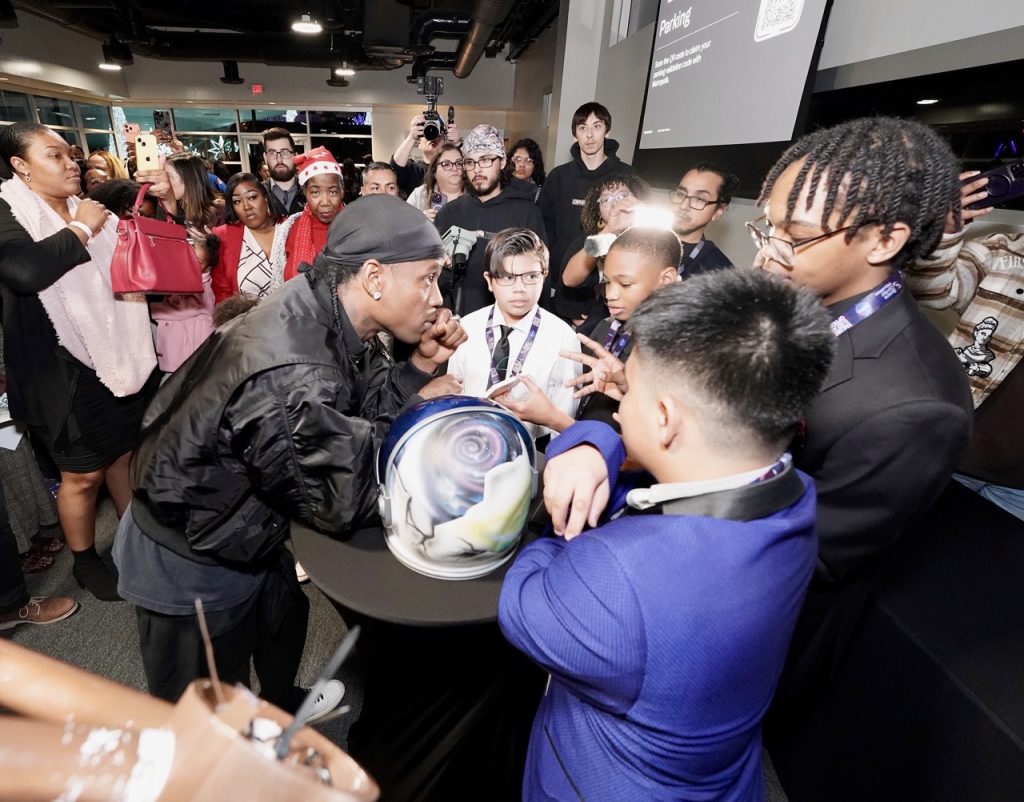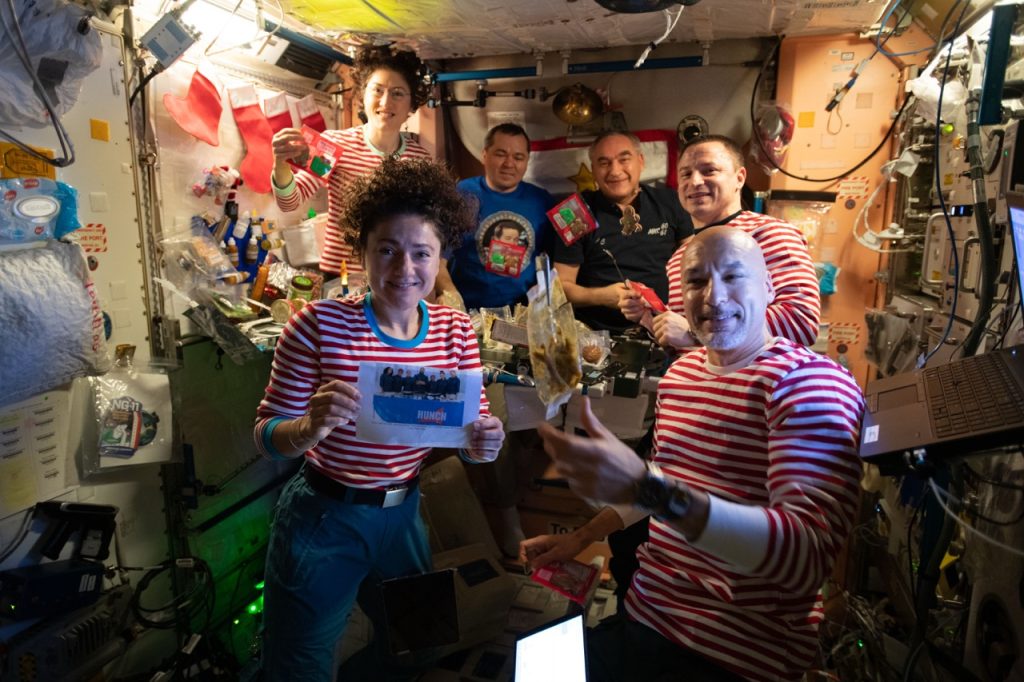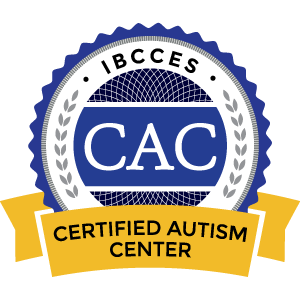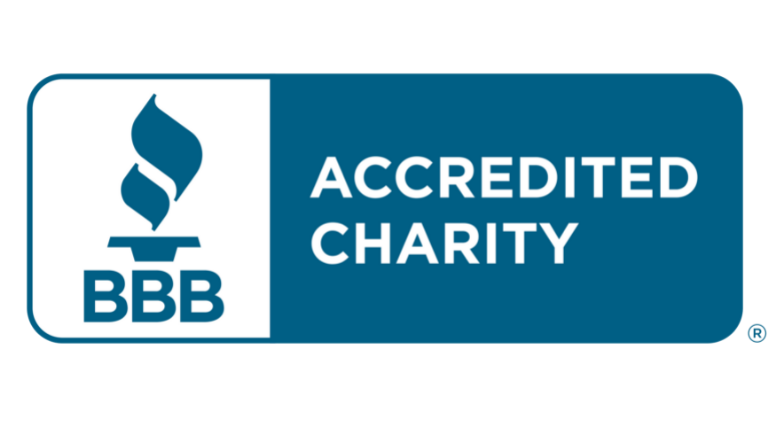The five hazards of human spaceflight are radiation, isolation and confinement, distance from Earth, gravity (or lack thereof), and hostile environments. To mitigate these factors, NASA partners with doctors and researchers around the globe, including the doctors at The University of Texas Medical Branch (UTMB).
They seek to answer questions vital to the success of long duration space exploration missions. For instance, can wearable technology help protect from cosmic radiation? How do viruses react in microgravity? How can we treat astronauts who do get sick, millions of miles from the nearest hospital?
Learn about how these questions are being answered in our November Thought Leader Series, presented by UTMB.
About the panel
November Thought Leader Series panelists include Dr. Pei-Yong Shi, UTMB professor in molecular biology; Dr. Oren Milstein, CEO and Chief Scientific Officer, StemRad; and Alexandra (Sandra) Whitmire, Element Scientist for Human Factors and Behavioral Performance, NASA.
Dr. Shi is John Sealy Distinguished Chair in Innovations in Molecular Biology at University of Texas Medical Branch (UTMB). He works on RNA virus, drug discovery, and vaccine research. His unique expertise in public health laboratory (New York State Department of Health), pharmaceutical companies (Novartis and Bristol-Myers Squibb), and academia (UTMB and Yale) allows him to work on both basic and translational research.
Dr. Milstein co-founded StemRad in 2011, shortly after the Fukushima Daiichi nuclear disaster in Japan. He has been leading R&D efforts ever since and was appointed CEO in February of 2016. Dr. Milstein received his Ph.D. degree from The Weizmann Institute of Science in the field of Immunology. StemRad created a prototype vest for NASA called AstroRad to protect astronauts from radiation in deep space.
Whitmire serves as the Element Scientist for HFBP, helping to manage an operationally-relevant science portfolio for mitigating risk for future spaceflight. Sandra’s background focuses on Experimental and Occupational Health Psychology, and she has been part of Human Health and Performance since 2006. Previously, she has worked in areas related to fatigue management, performance measurement, and behavioral countermeasures.

